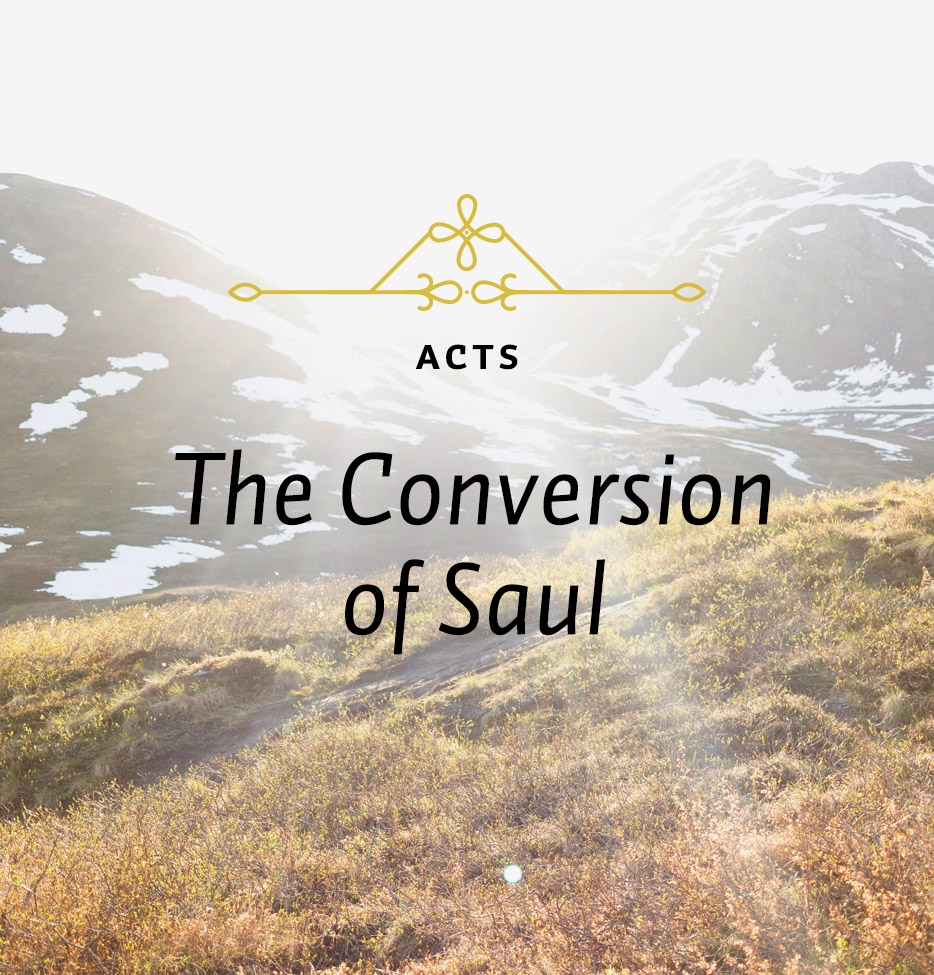We considered in yesterday’s study that as Lyttleton wrestled with the account of Saul’s conversion, he concluded that there are only certain ways a person can honestly think about this story. He examined each option, the first of which was 1) Was Paul an imposter? Let’s look at other options.
2. Was Paul an enthusiast? In the nineteenth century “enthusiast” meant one who was virtually out of his mind, an “off-the-wall” fanatic. Does that explain Paul? Was that the kind of mind Paul had? Did he have a mind or personality naturally given to fantasies?
We have to remember that Saul was not a Sadducee, who did not believe in the resurrection, but a Pharisee, who did. Moreover, he was one who had heard stories of Jesus’ resurrection but did not regard them as valid. This is not a picture of an enthusiast. It is the picture of a man who says, “I know that the Bible teaches that there will be a resurrection at the end of time, and I believe the Bible. But I have lived a long time, and although there may be a resurrection someday, it is for the future. Right now dead people do not rise. If the Christians are saying that Jesus rose from the dead, they must be trying to deceive people.” This is exactly the opposite of a person who is religiously unbalanced, which is what this explanation demands.
3. Was Paul deceived by others? This is the third possibility. But we then have to ask who would have deceived him? It would have had to have been the Christians. But could they have even thought of doing that? Could they even have thought of the possibility of inventing something to deceive their great enemy? Hardly! They were trying to stay as far away from him as they could. They weren’t capable of such a deception. But even if they were, how could they have carried it off? A bright light from heaven? A voice that Saul believed to be the voice of God?
What is the conclusion? Obviously, if each of these other explanations has to be discarded, the only remaining possibility is that the story is true: that there was a genuine appearance of Jesus to Saul followed by an authentic conversion.
Here is how Lyttleton puts it:
I shall then take it for granted that he was not deceived by the fraud of others, and that what he said of himself cannot be imputed to the power of that deceit, no more than to wilful imposture or to enthusiasm…. It follows that what he related to have been the cause of his conversion and to have happened in consequence of it, did all really happen, and therefore the Christian religion is a divine revelation…. It must be … accounted for by the power of God. That God should work miracles for the establishment of a most holy religion, which, from the insuperable difficulties that stood in the way of it, could not have established itself without such an assistance, is no way repugnant to human reason. But that without any miracle such things should have happened as no adequate natural causes can be assigned for, is what human reason cannot believe.1
Lyttleton’s arguments are still valid. He was converted by the truth, and so are people today. There are non-genuine, spurious conversions. They pass away. But all true conversion is a result of the work of this same Jesus Christ who knows His sheep, “calls [them] by name and leads them out” (John 10:3). Christianity does not rest on a foundation of sand. It rests on the work of God, as is demonstrated in the conversion of Saul.
Has God worked in your life? Has Jesus Christ made Himself known to you, producing His life in you, calling you by name so that you become His and say, as the Apostle Paul and the other ambassadors of the cross undoubtedly said, “I would rather die than deny what Jesus did for me?” If that is the case, then you belong to that great company of God’s people. If not, you need to seek out Jesus while He may be found.
1Lord Lyttleton, The Conversion of St. Paul (New York: The American Tract Society, 1929), 487.






